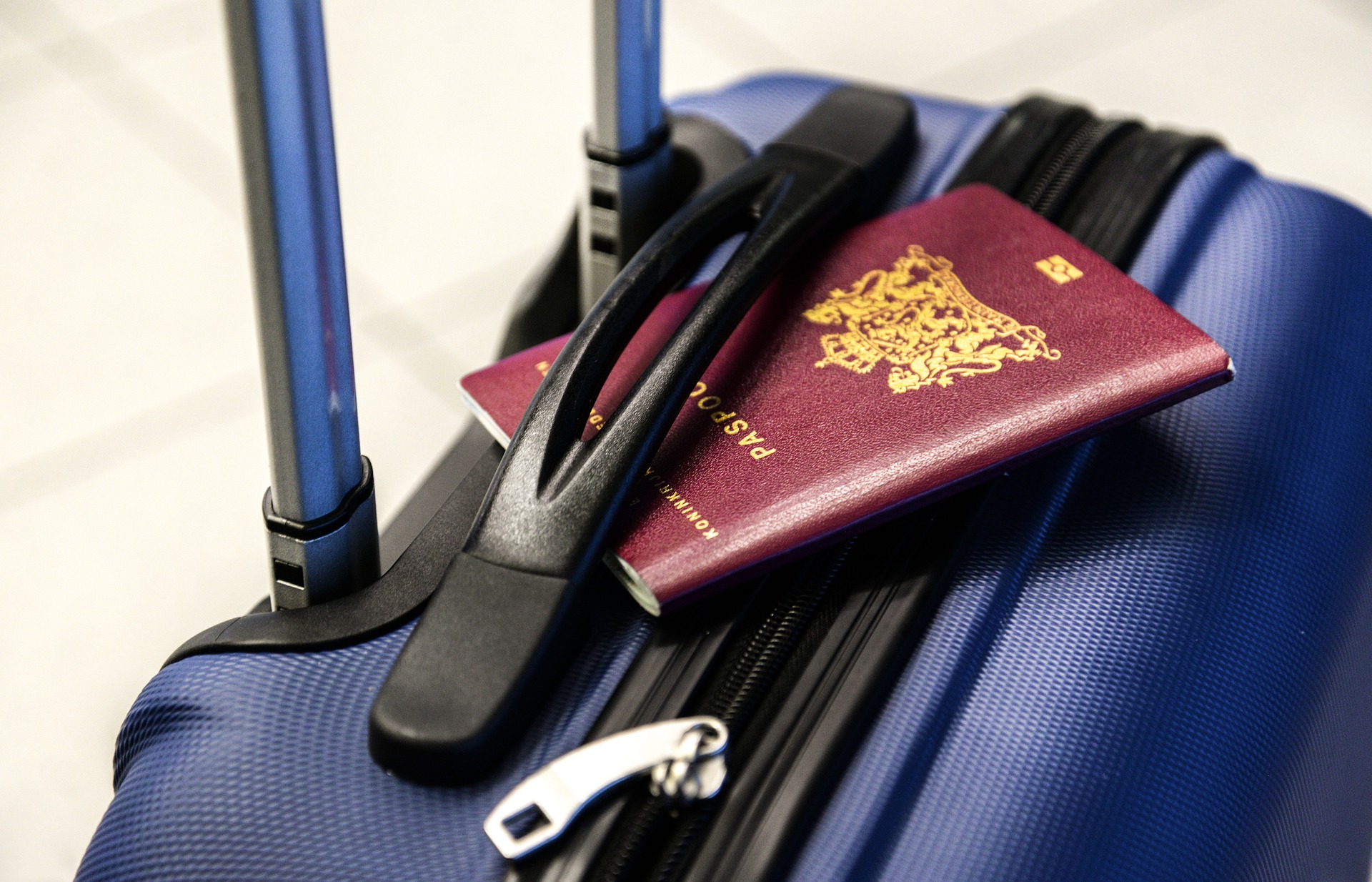Without any prior notice, the U.S. government has started requiring immigrants without passports, to submit to facial recognition technology in order to board domestic flights in the United States.
The Transportation Security Administration (TSA) recently confirmed this policy change, stating that migrants who do not have the proper photo identification, must submit to facial recognition technology, to verify their identify using Department of Homeland Security (DHS) records. Those who refuse to undergo facial recognition are turned away at the airport.
This change came to light after several migrants flying out of Texas were unexpectedly required to submit to the technology.
A spokesperson for the agency further confirmed that if TSA cannot match the person’s identity to DHS records, they will be denied boarding and entry to secure areas of an airport.
This has been alarming news for immigrants who must relocate to areas where they are pursuing their immigration claims, or where they have been scheduled to appear before immigration court.
It has also caused concern for immigrants who were blindsided by the change and spent their hard-earned money on nonrefundable domestic flights.
 Visa Lawyer Blog
Visa Lawyer Blog





